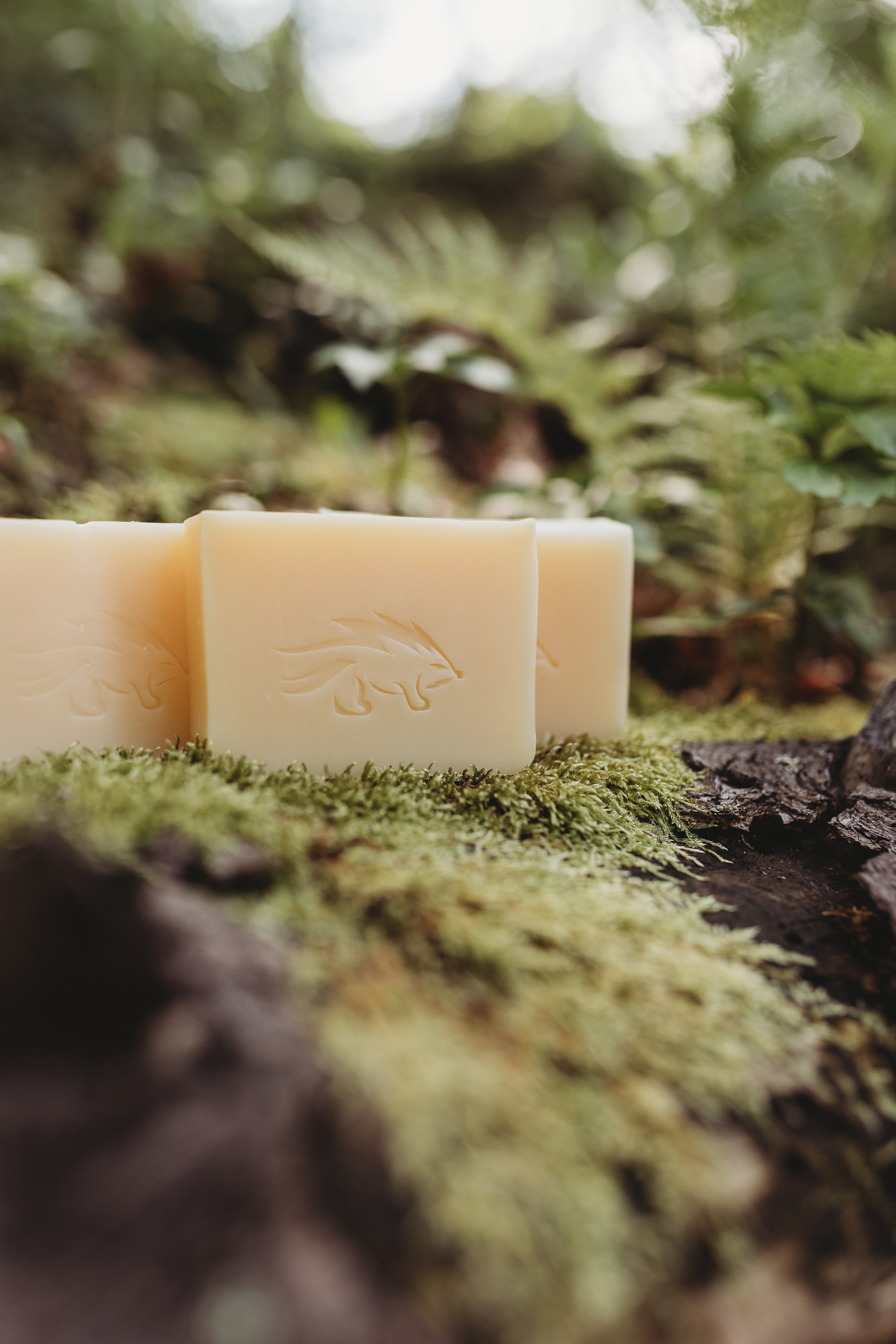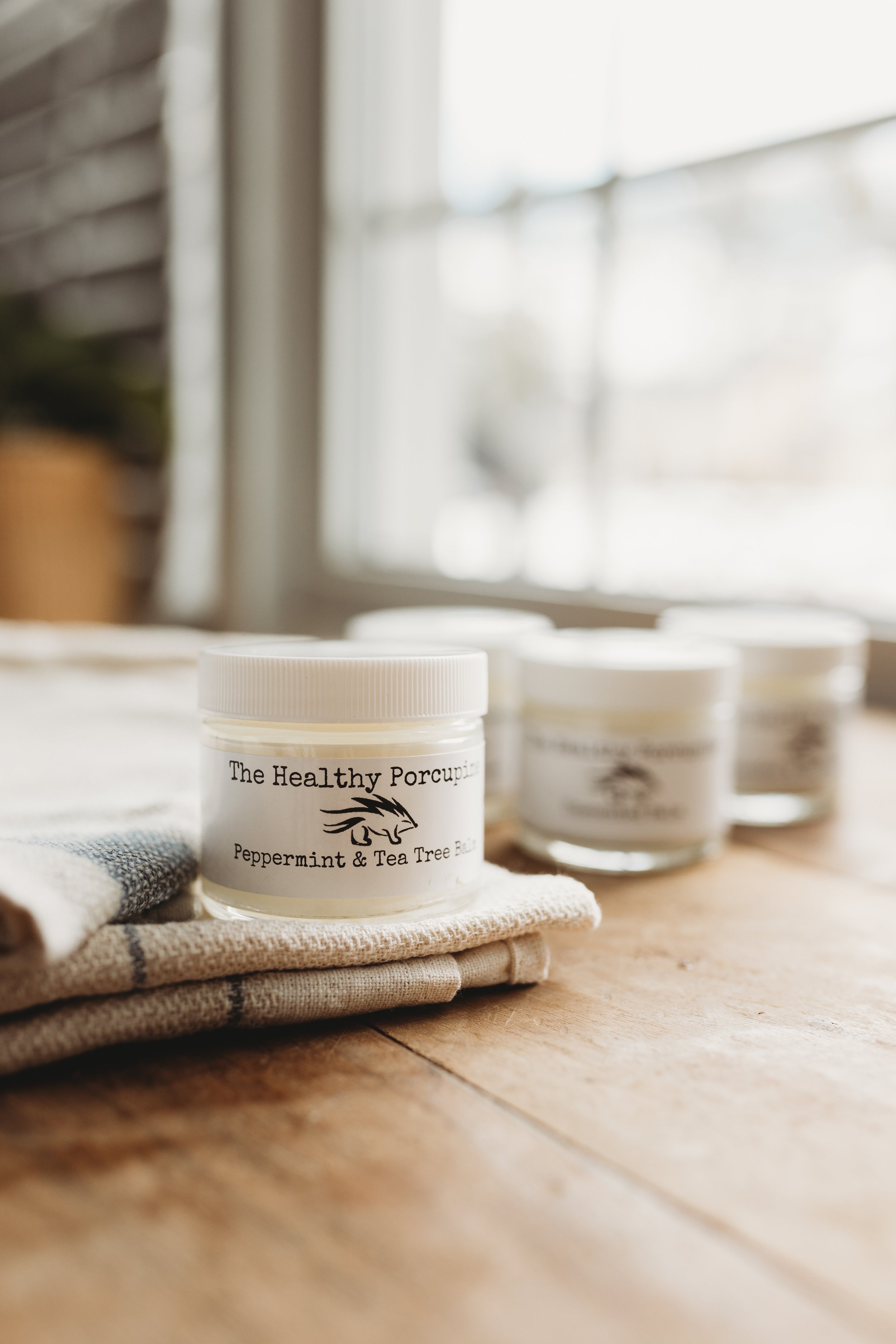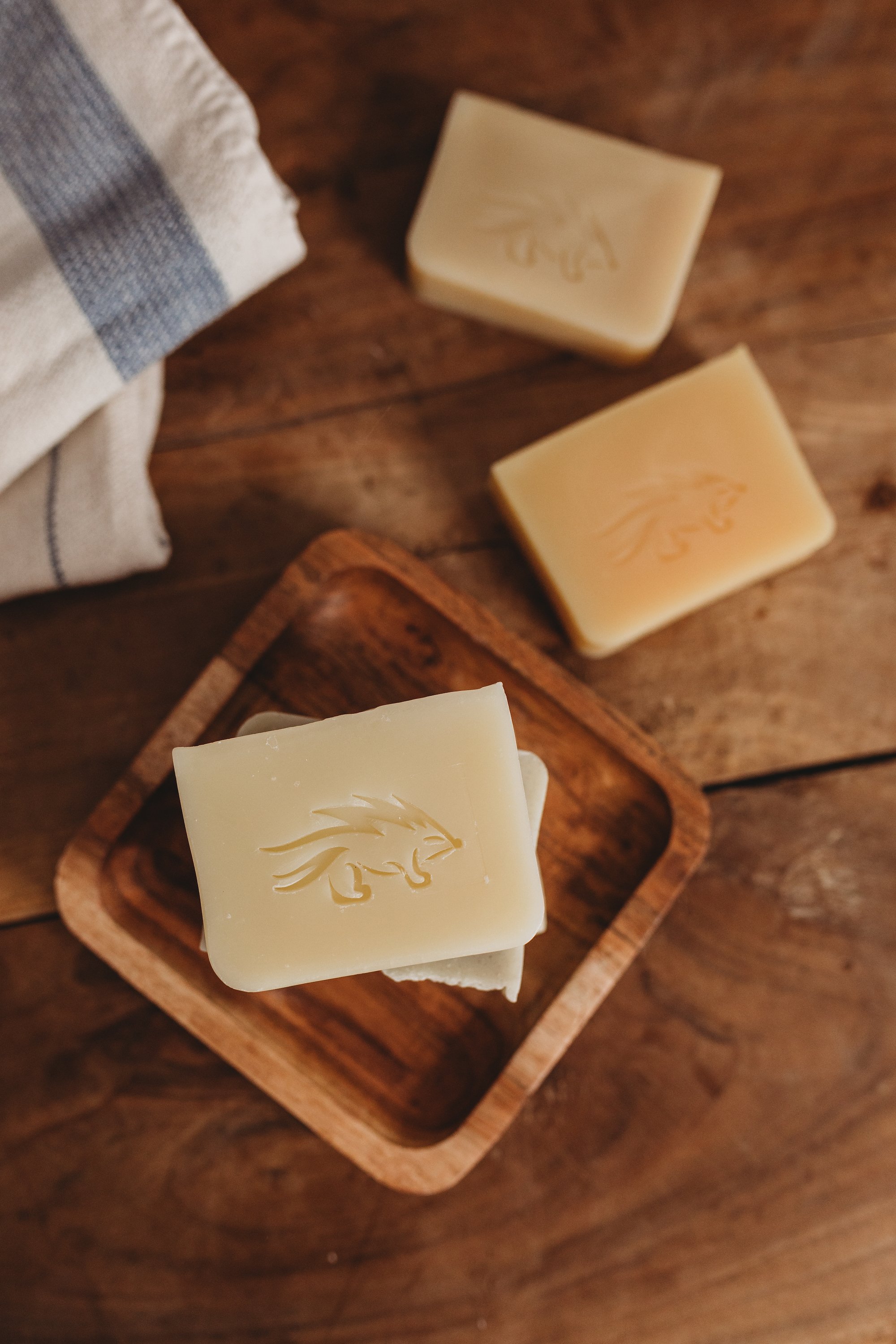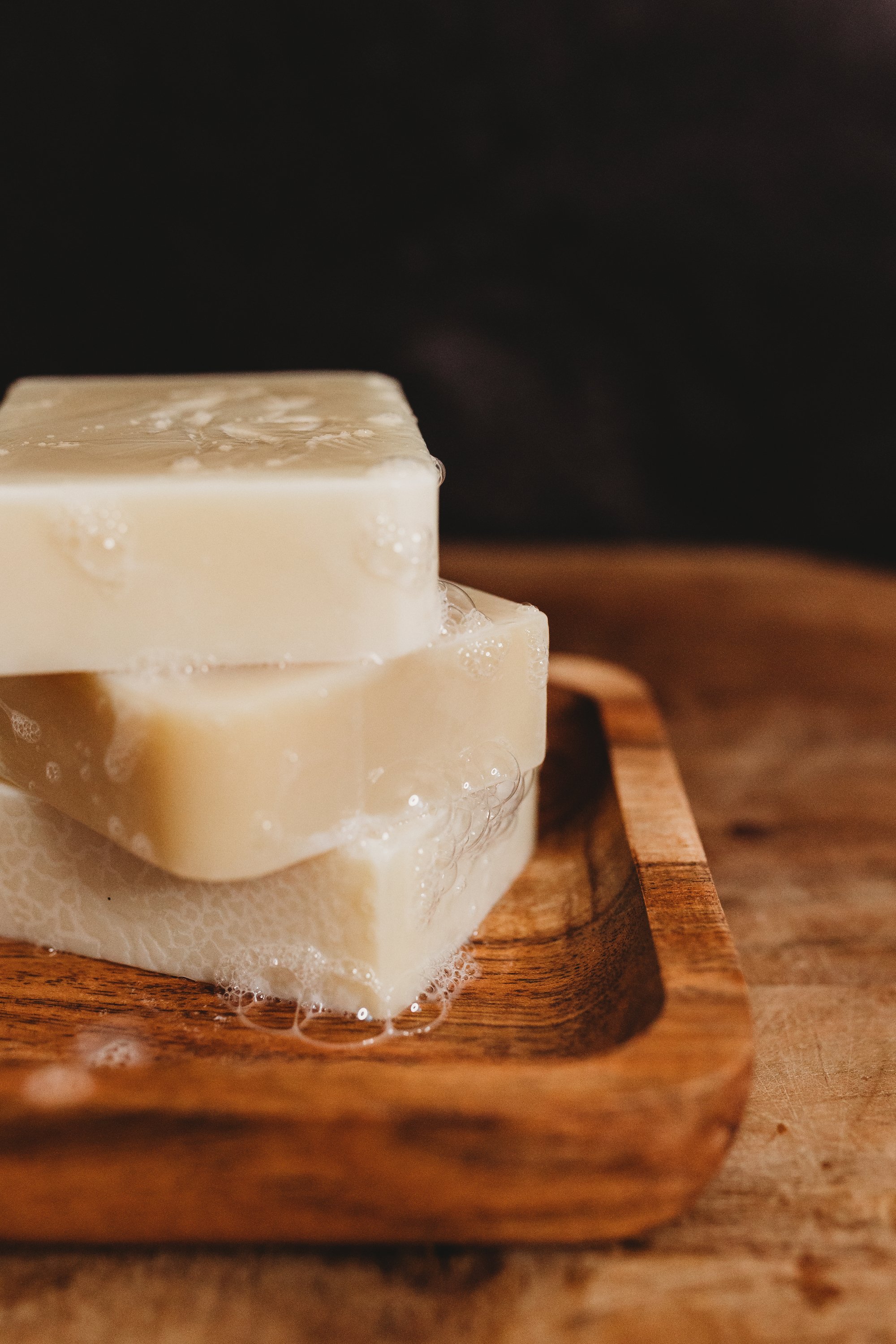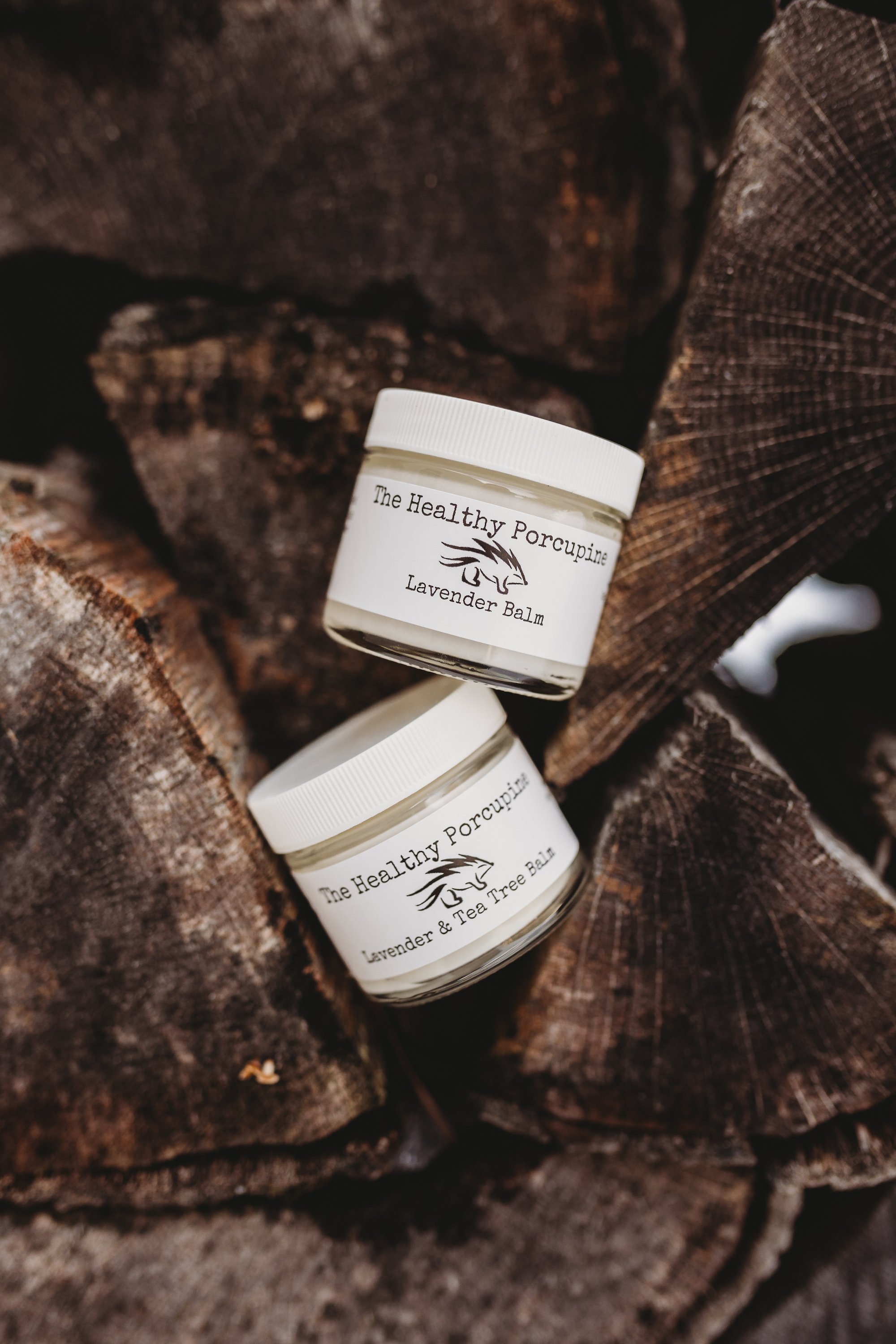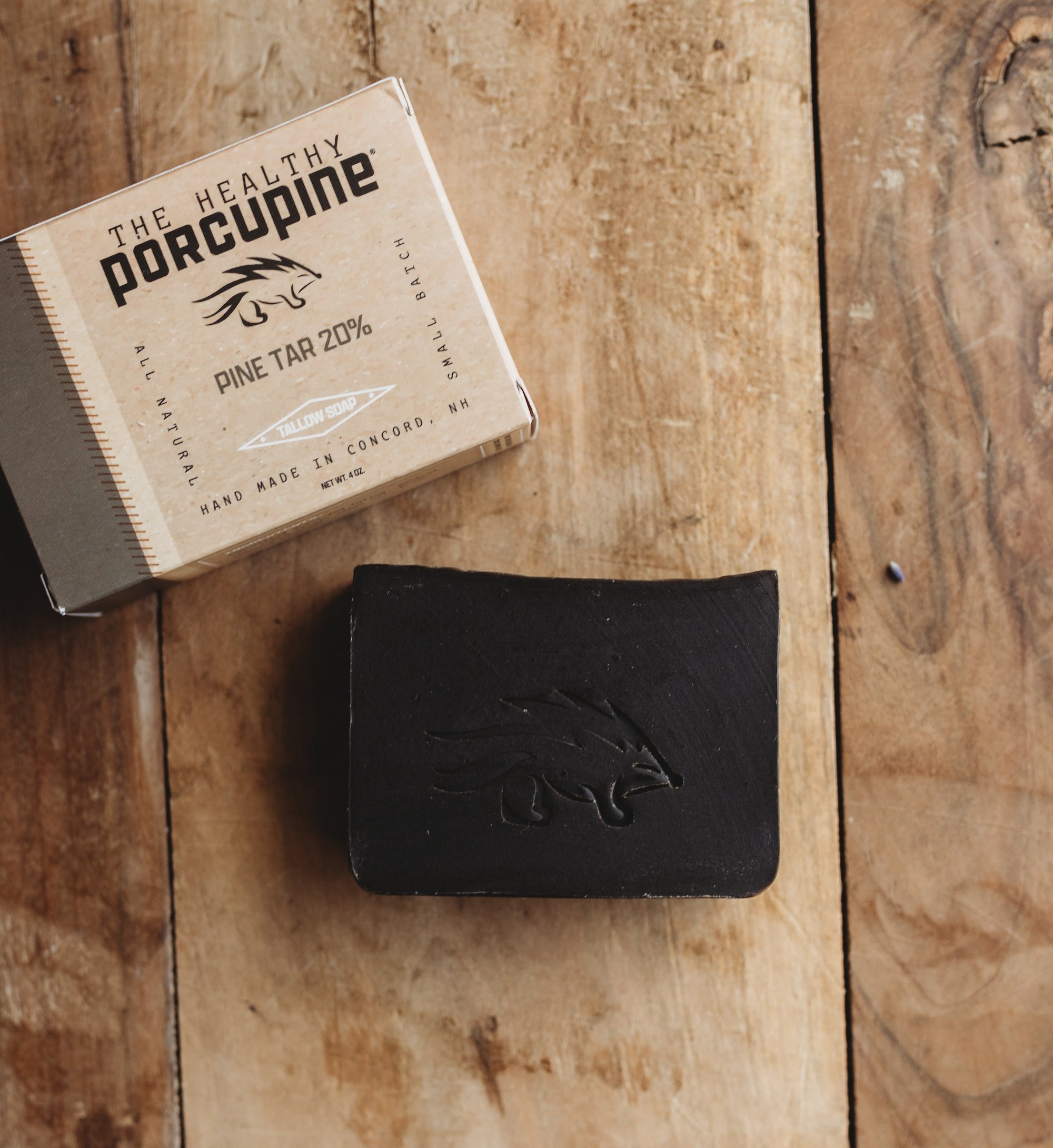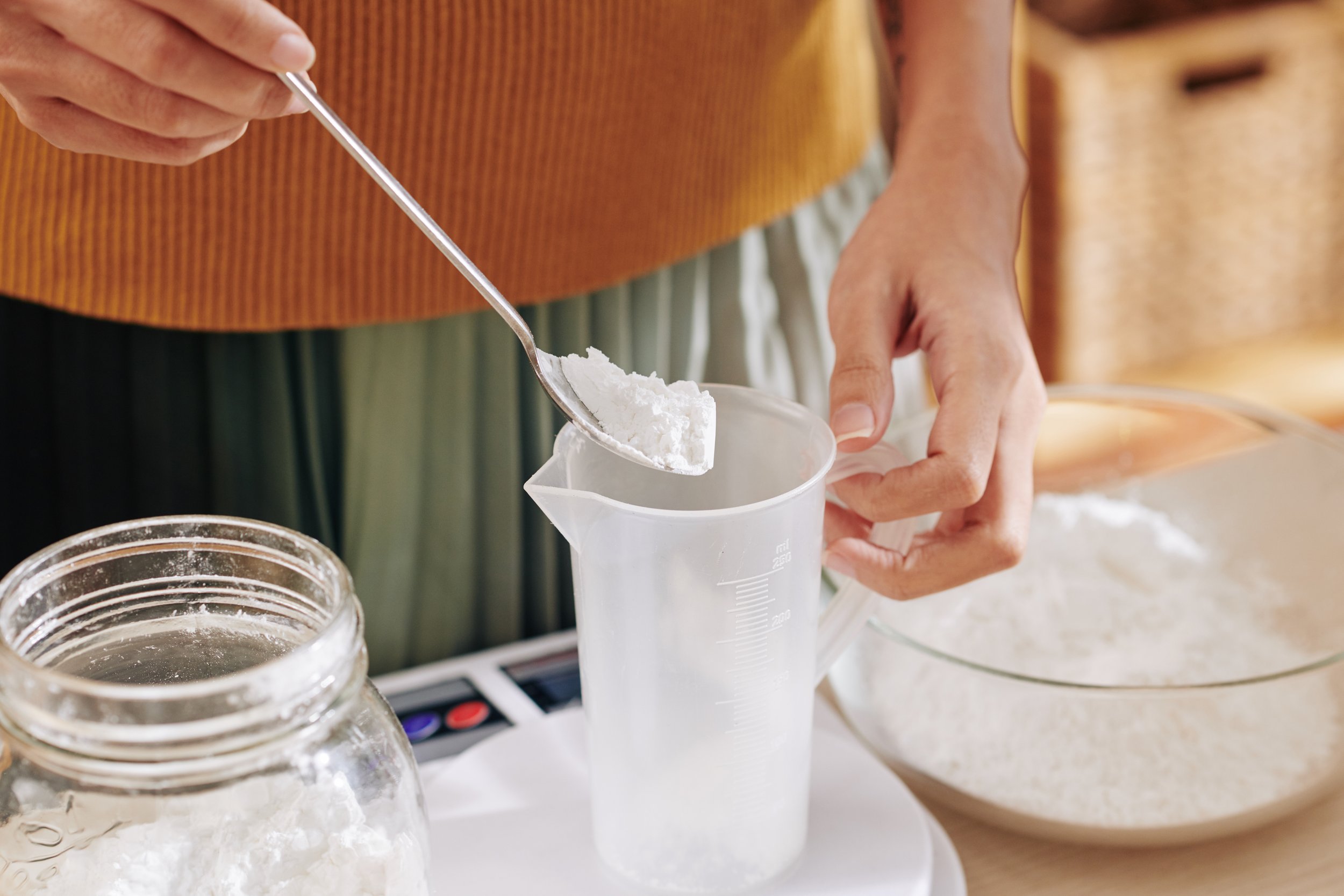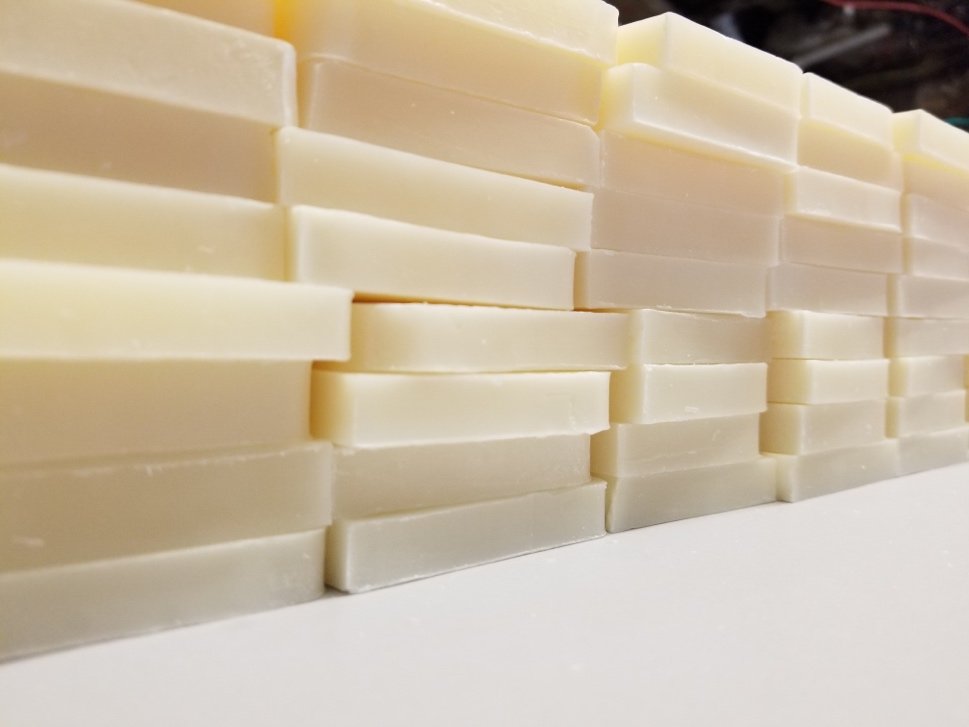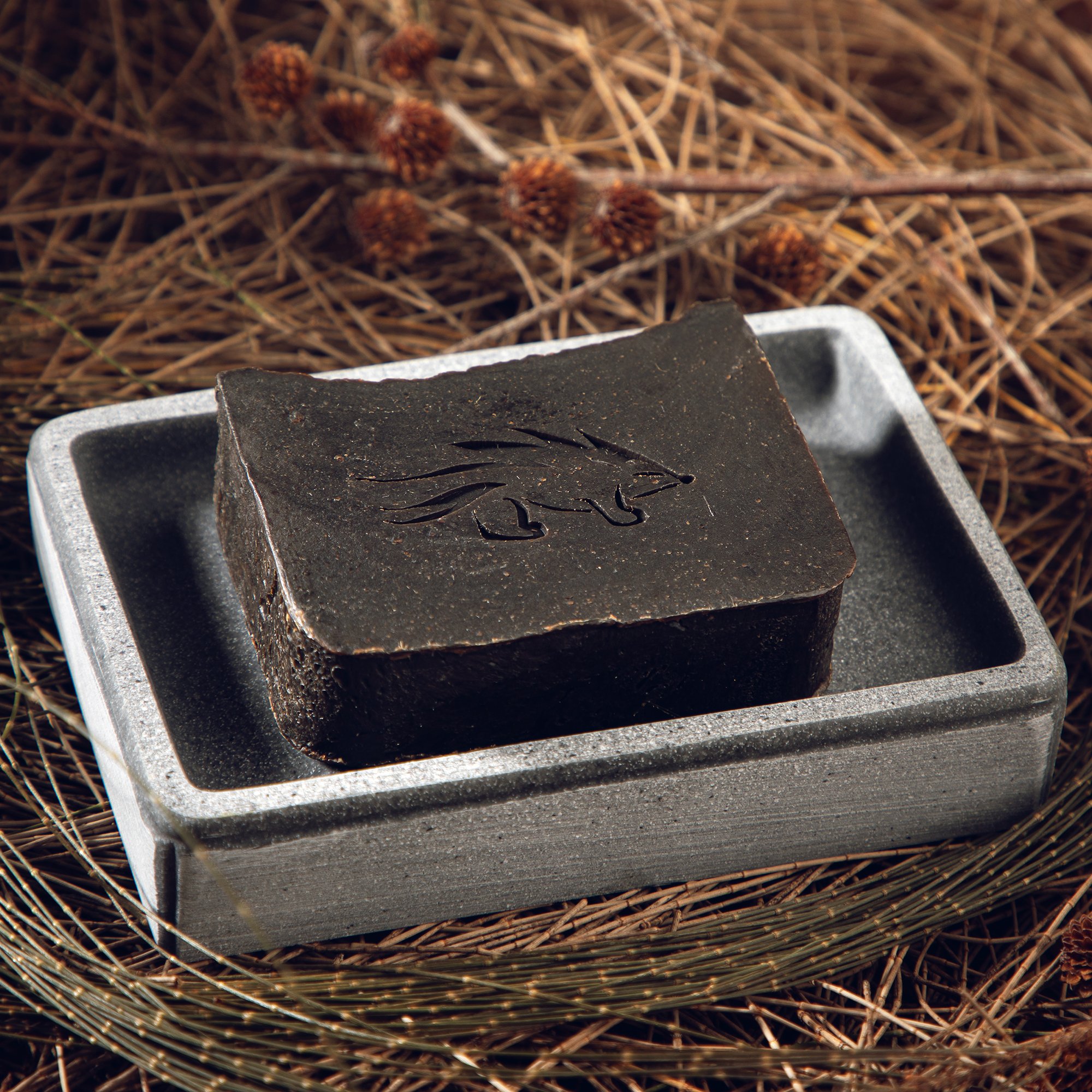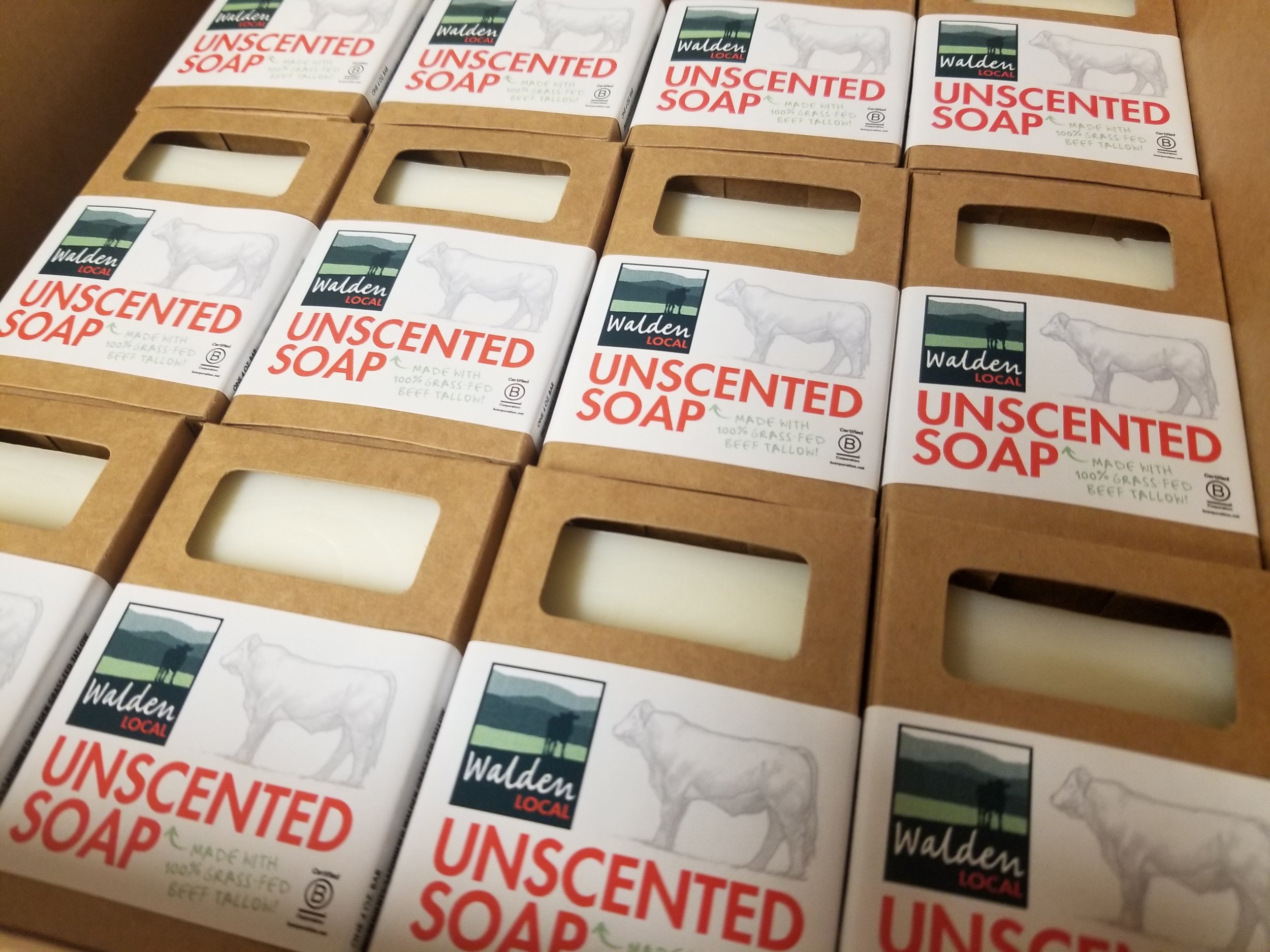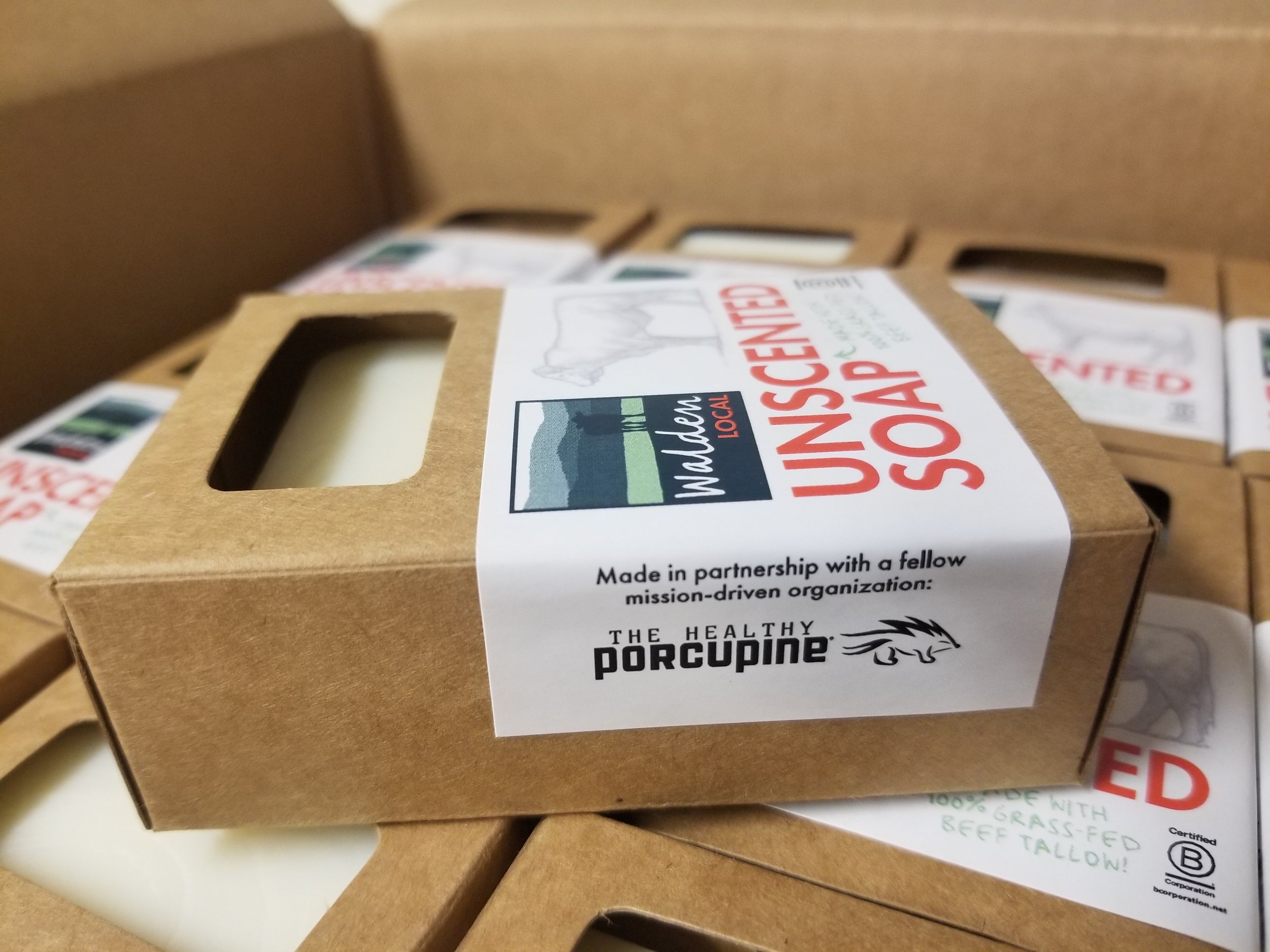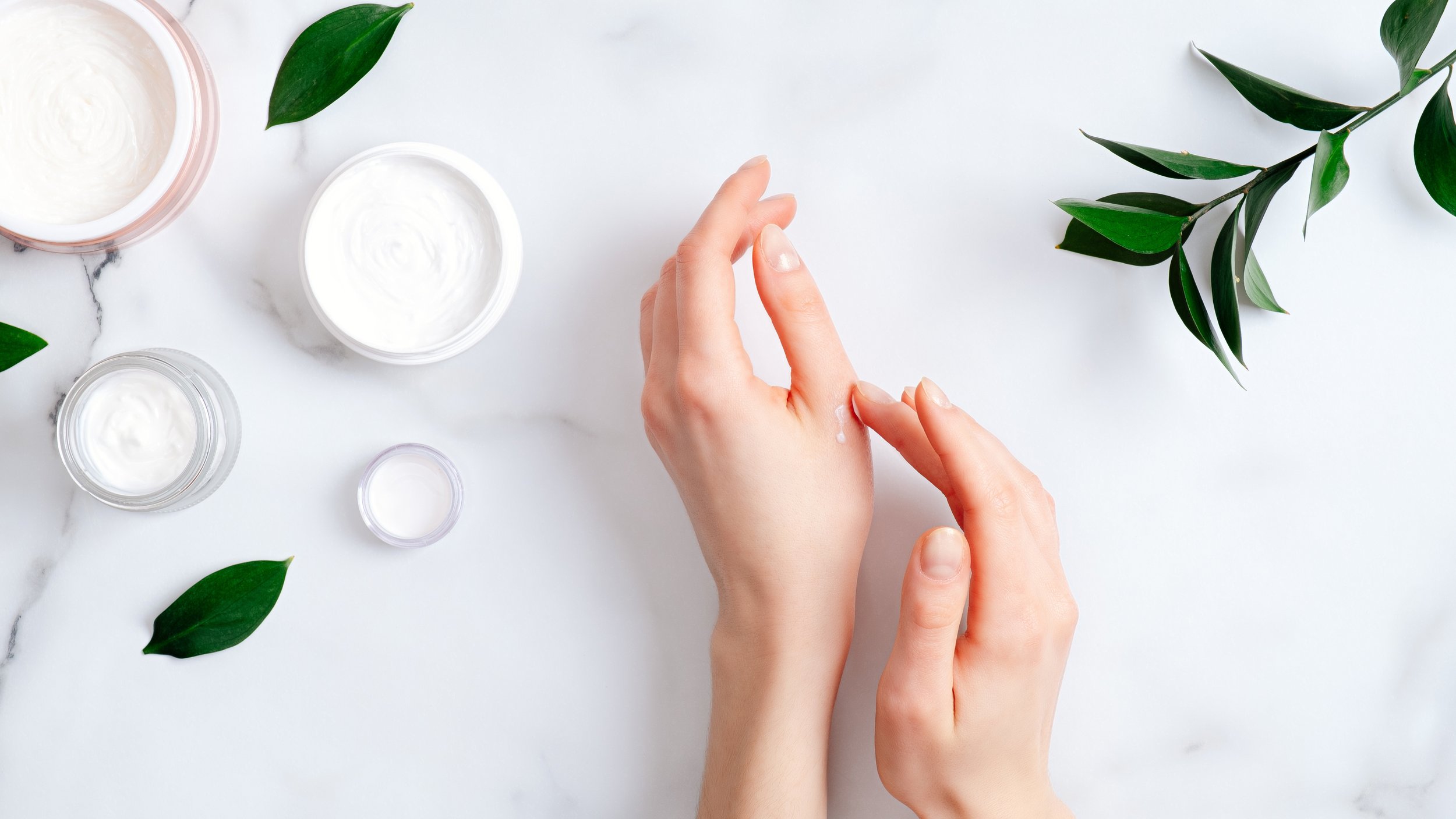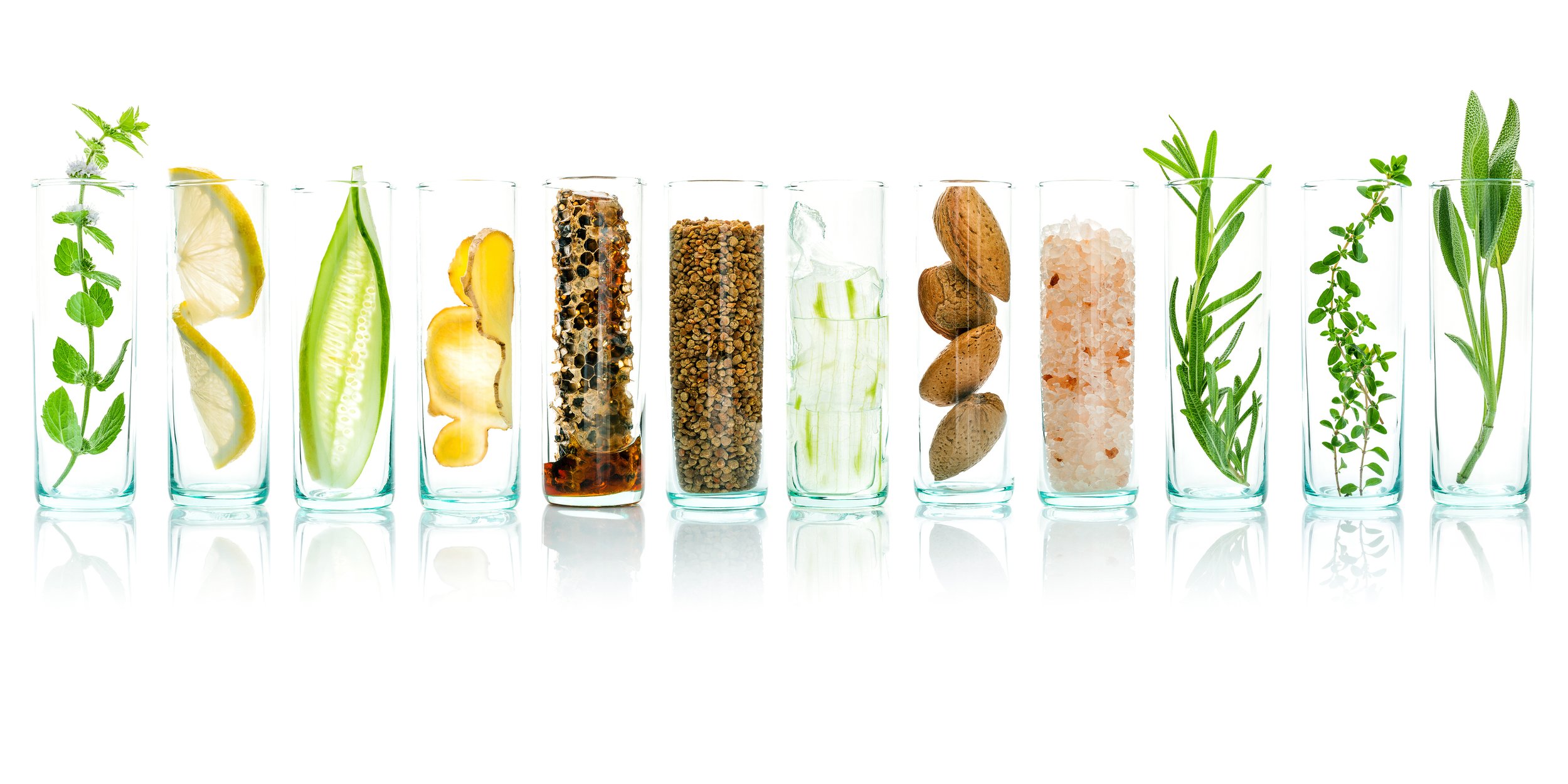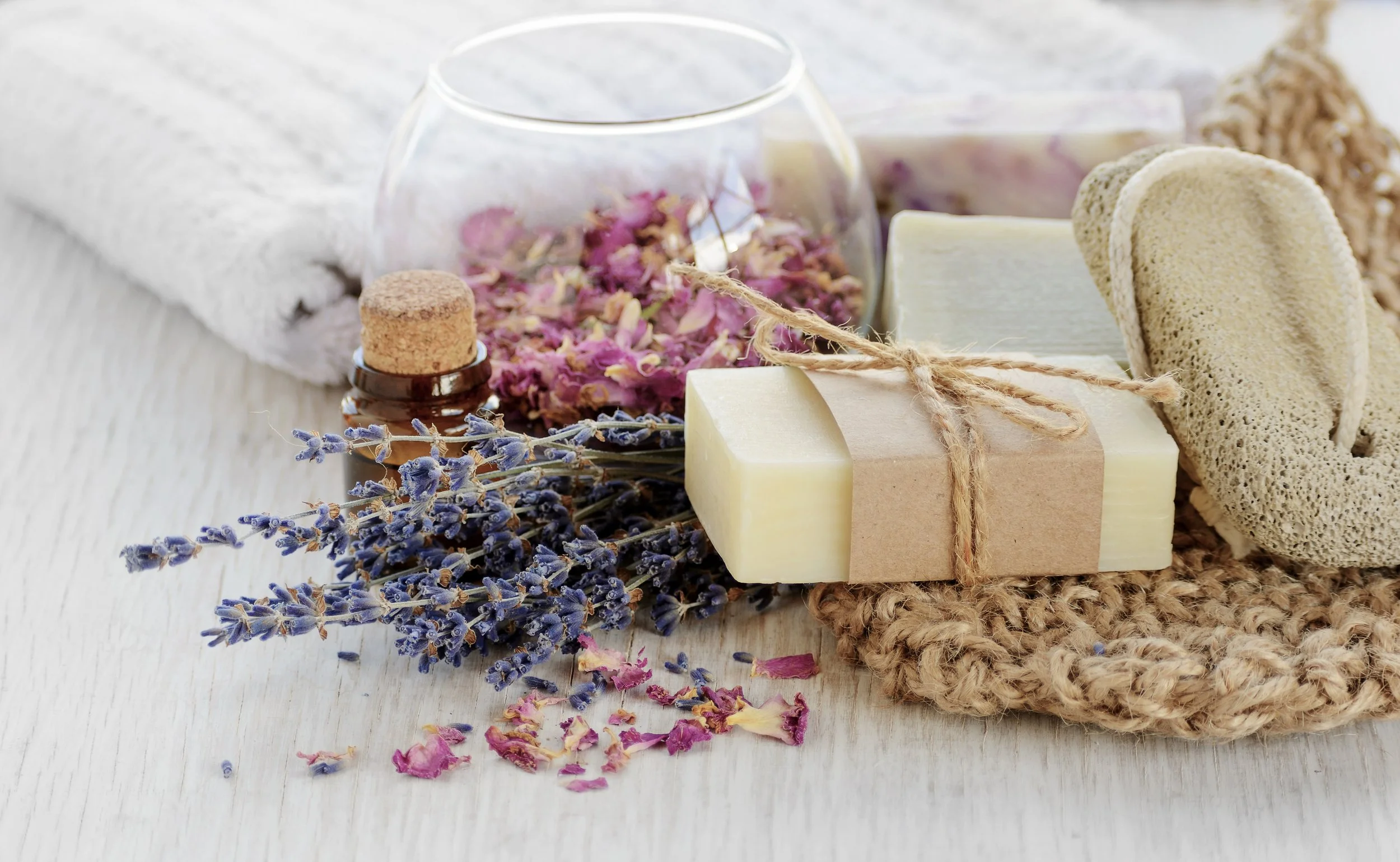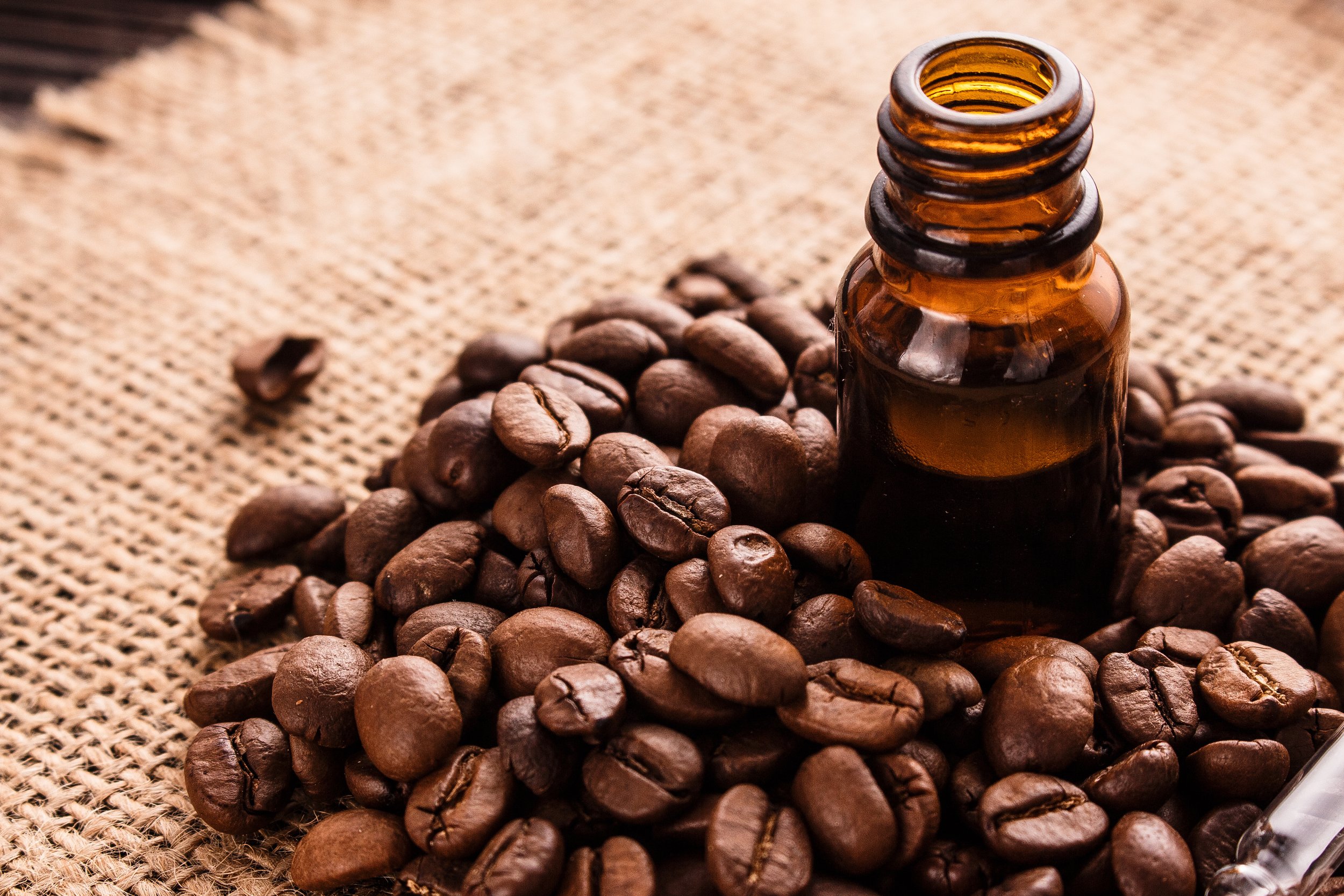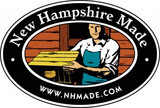If you are new here, you may have yet to read why we are so passionate about tallow soap as a more natural, nutrient-rich, and sustainable soap. When we created The Healthy Porcupine, we aimed to provide a natural soap option that was great for sensitive skin and contributed to skin health. On our path to the brand we are today, we have analyzed and adjusted how we package our products, where we get our tallow, and the essential oils we use to ensure we create a natural, nutrient-dense soap that is safe and beneficial for most skin types.
When creating a soap or balm or even choosing one, there are numerous options available. In all our research, we found tallow soap to be a more sustainable alternative, especially in the face of environmental issues surrounding palm oil soap. In this blog, we will explore the sustainability of tallow soap and explain how it is a better choice for the environment.
Why is tallow a sustainable soap option?
1. Eco-friendly Sourcing: Tallow, a byproduct of the meat industry, is rendered animal fat usually derived from cows. Choosing tallow soap supports the idea of utilizing the entire animal and reducing waste. This promotes a circular economy, making it a more sustainable option compared to soap derived from single-use crops like palm oil.
2. Low Environmental Impact: The production of tallow soap typically has a smaller environmental footprint compared to many plant-based alternatives. The farming and processing of crops for oils, like palm oil, require large areas of land, leading to deforestation, habitat loss, and increased greenhouse gas emissions. On the other hand, tallow is a byproduct that would otherwise be discarded, making it a more responsible choice.
3. Biodegradable: Tallow soap is biodegradable, which means it breaks down naturally and won't contribute to long-term pollution. The same cannot always be said for certain synthetic ingredients found in other soaps.
4. Beneficial for Sensitive Skin: Tallow soap often contains a simple, natural ingredient list that can be gentler on sensitive skin. It lacks the harsh chemicals that can cause irritation and adverse reactions.
Why is it important to make an informed choice about your soap?
Choosing tallow soap over palm oil soap can be a conscious step toward reducing our environmental impact. By opting for products made from sustainable and responsibly-sourced ingredients, we can contribute to a more eco-friendly future.
Of course, being sustainable goes beyond just the choice of soap. Consumers can further enhance their impact by supporting companies that prioritize sustainable practices and packaging, reduce water usage, and minimize waste. All of The Healthy Porcupine packaging is recyclable, and we have reduced our packaging over the years to minimize waste.
In the quest for a sustainable soap option, tallow soap emerges as an eco-friendly choice with minimal environmental impact, biodegradability, and support for a circular economy. The environmental issues surrounding palm oil production emphasize the urgency to reconsider our choices and prioritize sustainable alternatives. As conscious consumers, we hold the power to drive positive change by making informed decisions that protect our planet's precious resources and preserve its natural beauty for generations to come.
Make the right choice for your skin and the environment, and #optoutofthechemicallifestyle with The Healthy Porcupine.

